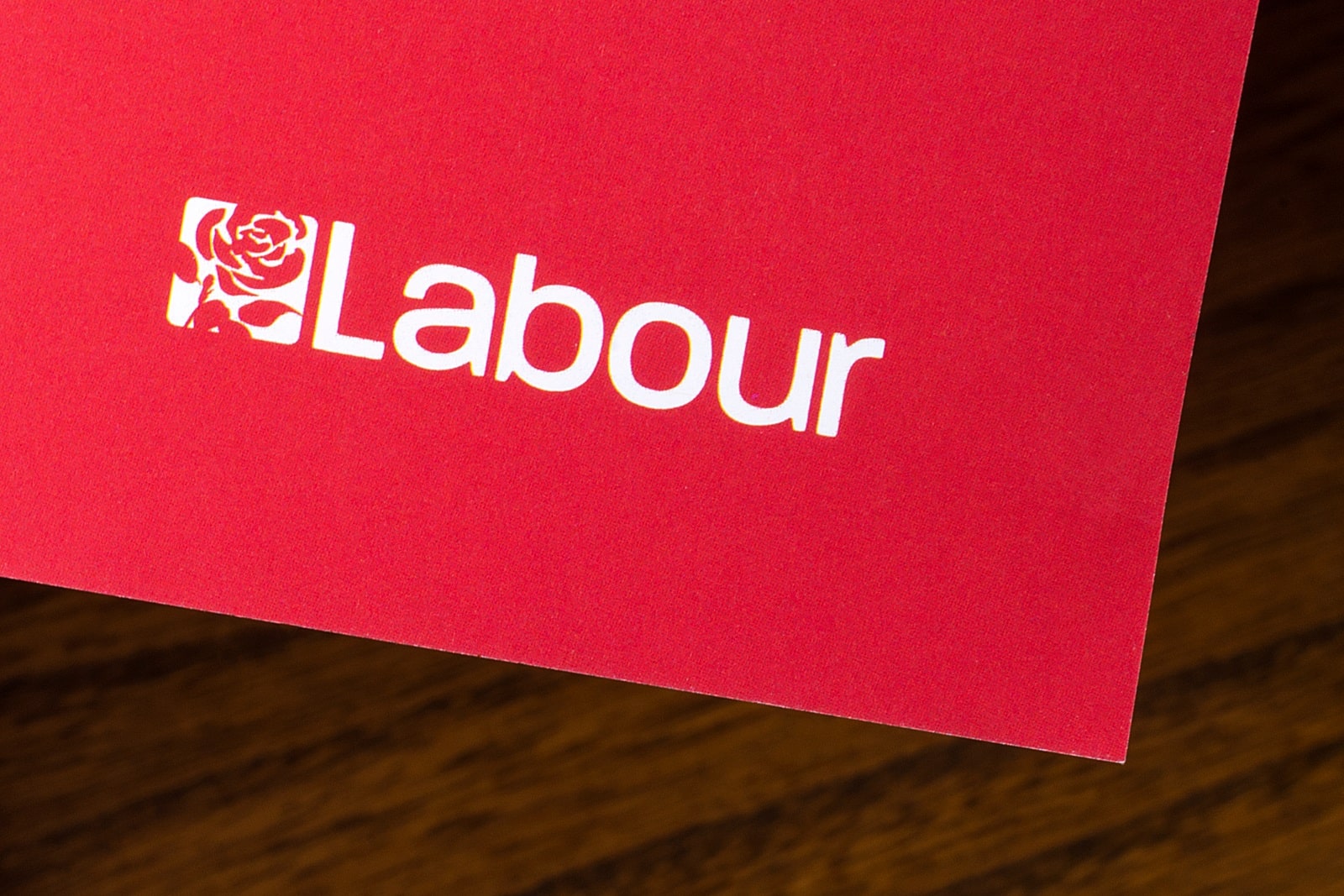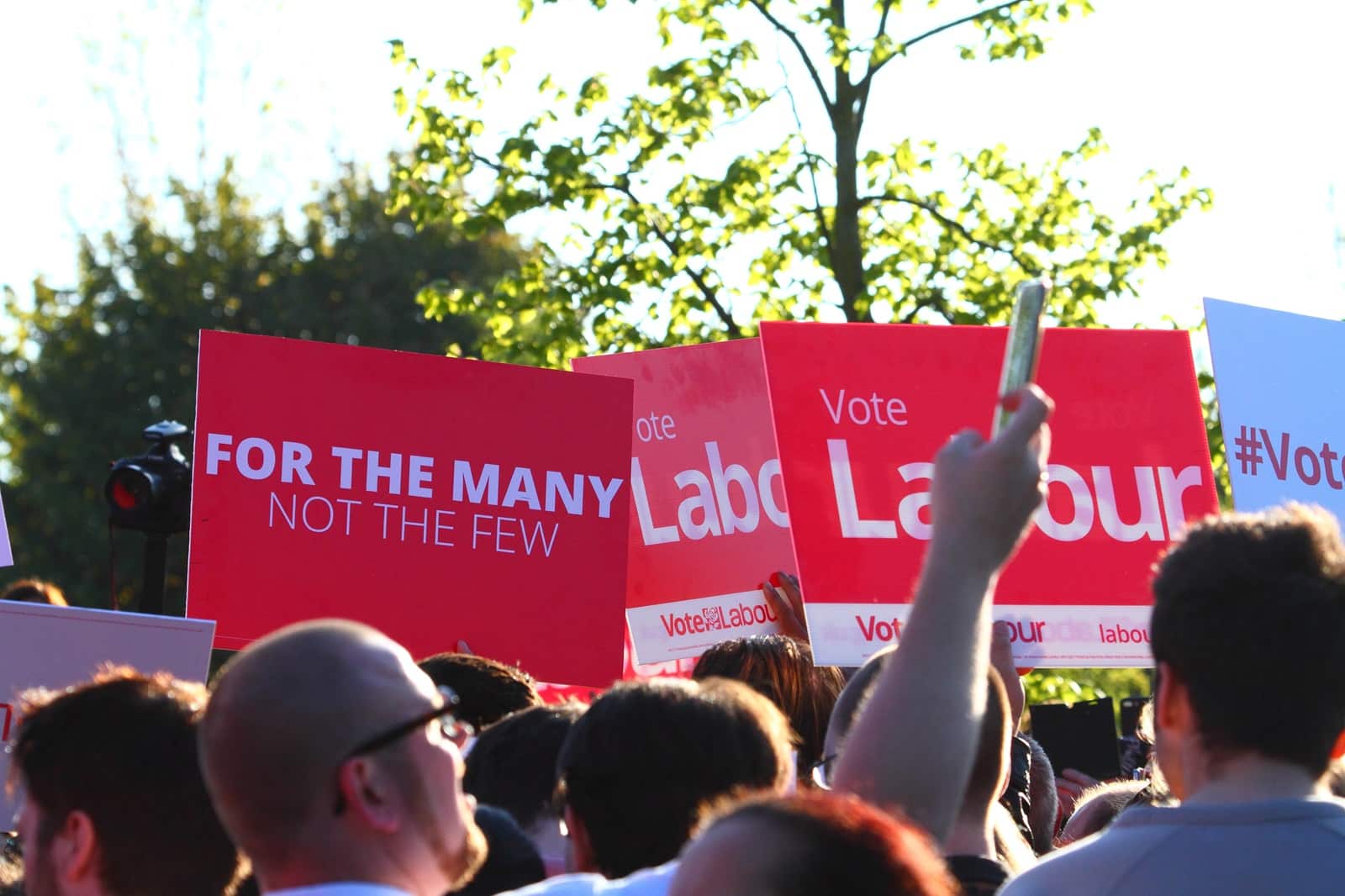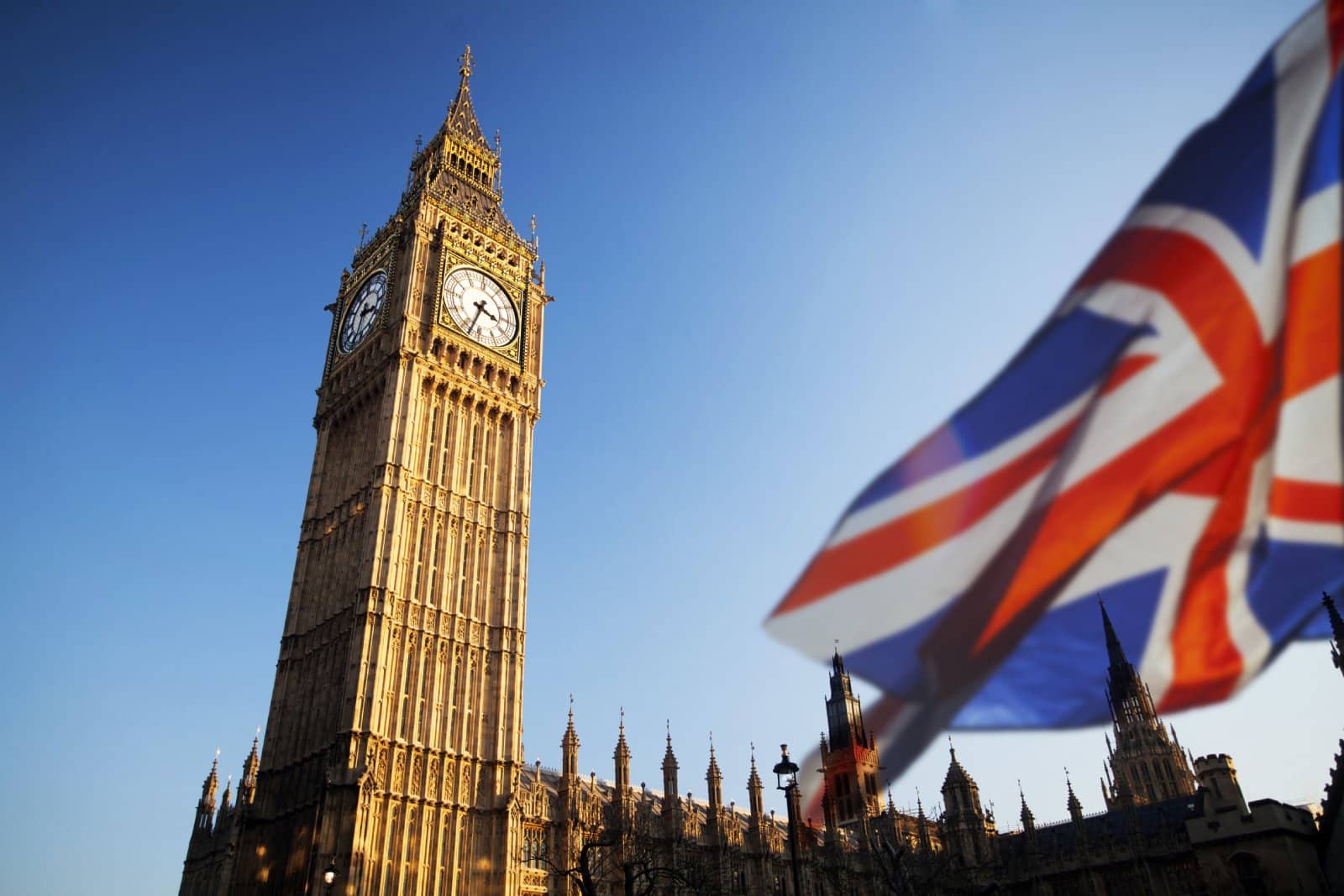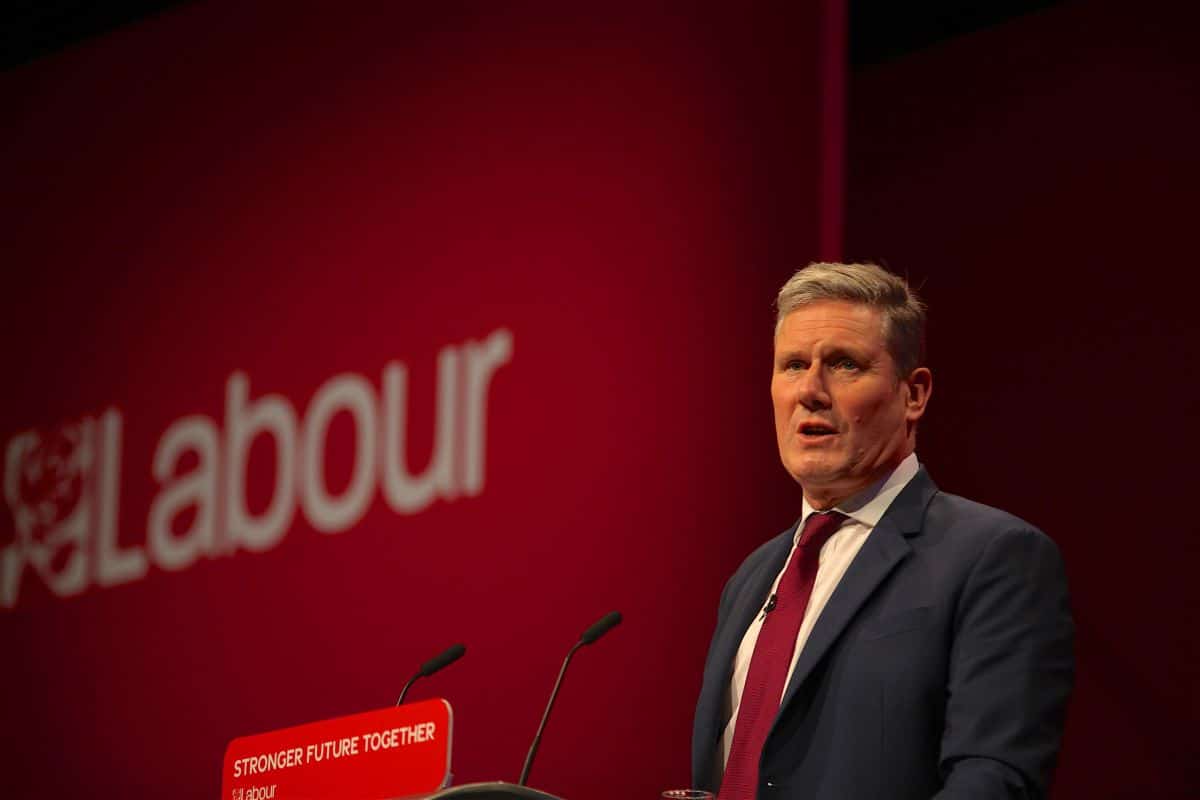Labour has climbed back to relevance, shaking off years of internal strife and electoral setbacks. How did they pivot from being a party of protest to taking a commanding position in the polls?
1. Revitalised Leadership

Under new leadership, Labour has managed to reshape its image, moving from a faction-ridden party to a united front that appeals to a broad spectrum of voters. It’s about charisma and clarity now, not just ideology.
2. Focused Messaging

Gone are the days of scattered, complex messages. Today, Labour communicates clear, concise policies that resonate with the daily concerns of ordinary people, from cost of living to NHS support.
3. Engaging Young Voters

Labour has made significant strides in engaging with younger demographics, utilising digital platforms and aligning with issues like climate change and social justice that are vital to younger voters.
4. Strategic Alliances

Building bridges rather than walls, Labour has worked to forge strategic alliances across the political spectrum, enhancing their stance on key issues and broadening their support base.
5. Policy Overhaul

Labour has overhauled its policy platform to reflect more centrist views that appeal to a wider audience, moving away from the far-left policies that had alienated moderate voters.
6. Community Engagement

Increasing their presence on the ground, Labour has boosted its engagement with local communities, ensuring that their policies address the specific needs and concerns of local constituents.
7. Media Savvy

Adopting a more sophisticated approach to media relations, Labour now effectively manages its public perception, turning media opportunities into platforms for policy promotion and leadership visibility.
8. Emphasising Education

Putting education at the forefront of their agenda, Labour has promised substantial investments in education, resonating with families concerned about the future of their children’s schooling.
9. Healthcare Commitment

Reaffirming their commitment to the NHS, Labour has positioned healthcare improvement as a top priority, promising to undo years of neglect and underfunding.
10. Economic Credibility

Labour has worked hard to build economic credibility, presenting well-thought-out plans that promise economic growth without sacrificing social equity.
11. Leadership Stability

After years of internal conflict, the current leadership has brought stability to the party, which has been critical in regaining trust and support from the public.
12. Improved Party Unity

Labour has seen significant improvements in party unity, with fewer public disputes and a more cohesive approach to policymaking and public engagement.
13. Handling Brexit

By clarifying their stance on Brexit and presenting a coherent plan, Labour has managed to reclaim many voters who felt alienated by previous ambiguity.
14. Addressing Anti-Semitism

Taking firm action on issues like anti-Semitism within the party has helped restore public confidence and align Labour with broader societal values of inclusivity and respect.
15. Climate Action

Labour has put forth ambitious climate action plans, making environmental concerns a central aspect of their policy agenda, which has attracted environmentally conscious voters.
16. Workers’ Rights

Reaffirming their commitment to workers’ rights, Labour has aligned itself with trade unions and workers’ groups, advocating for fair wages and safe working conditions.
17. Housing Initiatives

Addressing the housing crisis, Labour has proposed comprehensive plans to increase affordable housing stock, appealing to younger voters and those in urban areas.
18. Social Care Reform

By proposing reforms to the social care system, Labour addresses one of the most pressing issues facing the country, particularly the ageing population.
19. Tax Reform

Labour’s proposed tax reforms aim to make taxation fairer, ensuring that the wealthiest pay their fair share, which has garnered support from the broader electorate.
20. Digital Transformation

Emphasising the importance of digital infrastructure, Labour has committed to enhancing the UK’s digital capabilities, making technology accessible for all.
From Marching to the Polls

Once known for street protests and vocal opposition, Labour now sets the agenda in British politics. With a mix of old passion and new pragmatism, they’re not just back in the game—they’re leading it.
The post 20 Key Factors That Altered Labour’s Political Path first appeared on Lists Lovers.
Featured Image Credit: Shutterstock / Rupert Rivett.
For transparency, this content was partly developed with AI assistance and carefully curated by an experienced editor to be informative and ensure accuracy.

